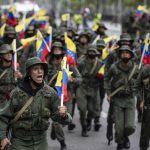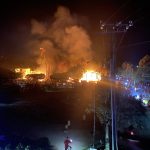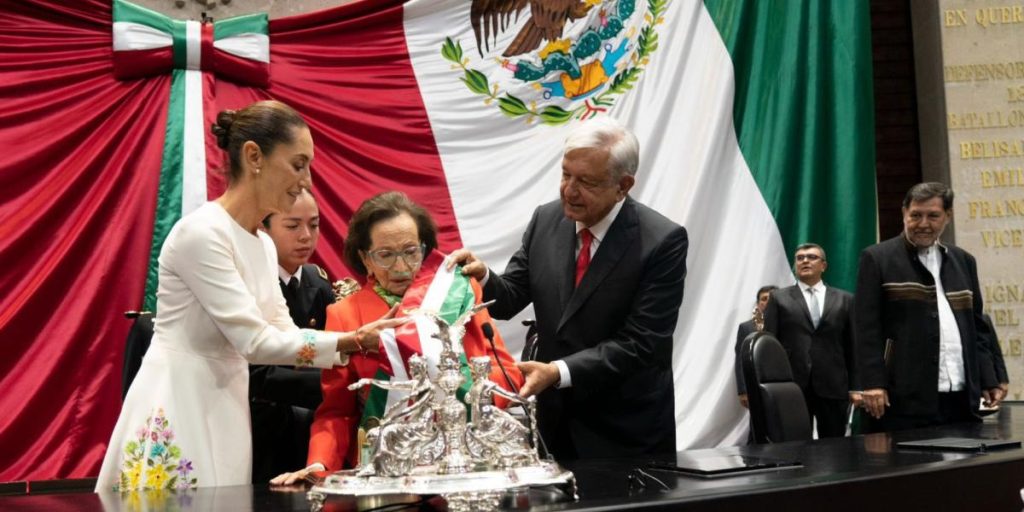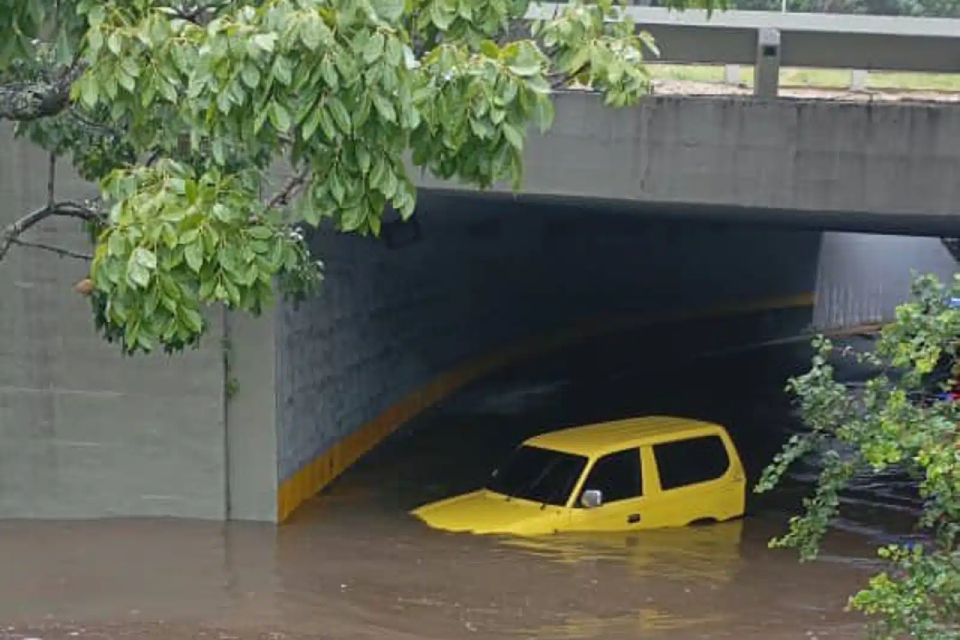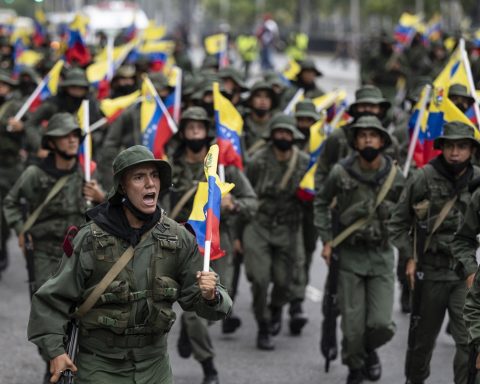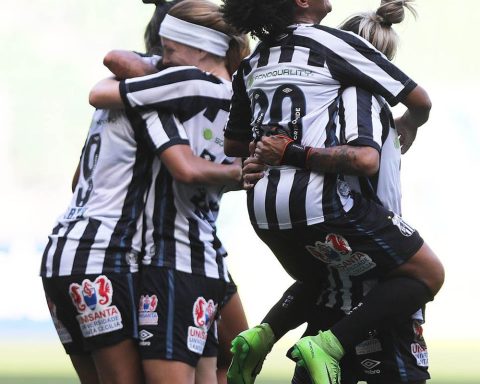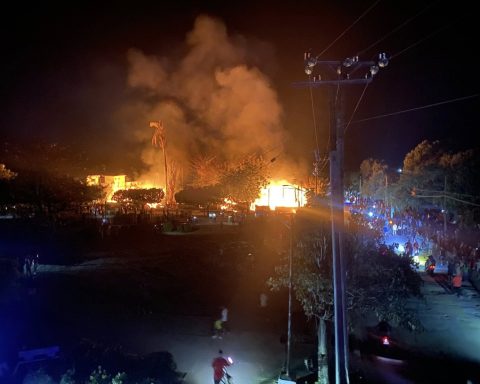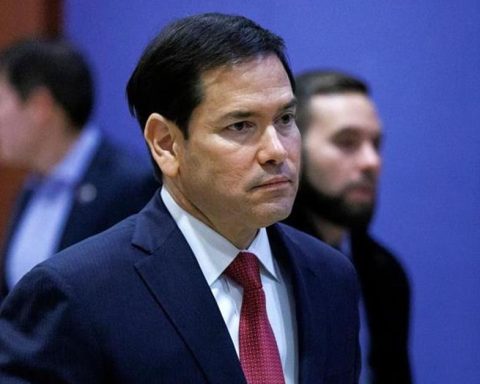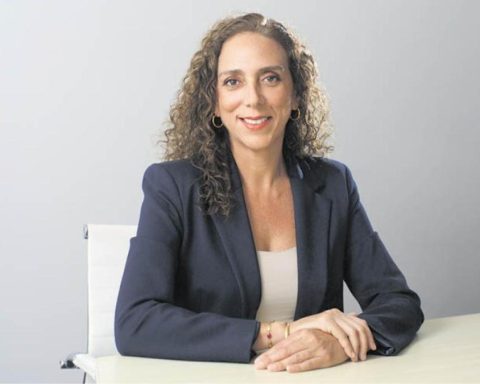Maria is defined as ‘nini’, He neither studies nor works, not because he doesn’t want to but because he lives in a neighborhood on the outskirts of Bogotá where all the doors have been closed to him but he does not stop look for solutions in a context where informality and precariousness and sometimes conflict and crime prevail They are the simplest.
(Read here: Could inflation in Colombia rise? This is what Minhacienda and the Banrep manager say)
María Rada arrived from Valledupar, in the Caribbean, more than five years ago to study. I wanted to enter psychology at the National University, the main public university in Colombia, but he did not get a place. Since then, he worked for a while “in black” in a stationery store but, at 26 years old, he dedicates himself to the home.
“They call us the famous ‘ninis’, that is, we neither study nor work, but not because we don’t want to, because I have tried countless times, I was not given the opportunity,” María, who now sees new hope of studying after being selected by the government program, explains to EFE. Young people at peace.
This program provides training and orientation to young people between 14 and 28 years old who are highly vulnerable and come from areas with a high risk of falling into criminal networks, forced recruitment or illegal activities. He also pays them about $230 a month.
Eleven generations to progress
Óscar Daza was one of the first to enter the program. He had a group to encourage neighborhood children to play sports and these types of social activities and leadership are what Jóvenes en Paz tries to reinforce.
(See here: Decisive quarter begins for merchants)
Displaced by violence, Óscar lived as a child in several cities fleeing the conflict and now, at 27 years old, he has worked in everything he could do Well, the university also closed the doors for him to study physiotherapy as he wanted.
Óscar and María live in Suba, the most populated town in Bogotá, and one of those with the most vulnerable situations. Besides, Located on the northwest periphery, services, the university and even hospitals are very far away.
They are the faces of a sad figure that divides the country: eleven generations are needed in Colombia for a person born in the group with the fewest resources to have the same opportunity to obtain an average income as the rest of the population. Eleven generations that demonstrate the serious gap of inequality.
Suba, like other peripheral areas of the immense Bogotá, “It is a town where a large migrant and internal population arrives due to the armed conflict”Diego Jiménez, professor of the program, explains to EFE.
Added to that is that “The young population has few possibilities, and has been stigmatized for many years.” That’s why, four years ago, when young people from all over the country took to the streets to protest, hundreds joined in Suba. And also several who were killed.
On the walls of the Casa Memoria Suba, which serves as a training center for these young people, there are faces painted in Julieth Ramírez, Germán Puentes, Freddy Alexander Mahecha, Cristian David Castillo and Angie Paola Baquerokilled by the actions of riot police in the 2020 protests.
Dream job
iStock
‘It’s not criminals’
When the Colombian Ministry of Equality launched Jóvenes en Paz, less than a year ago, criticism that it was going to finance criminals, guerrillas or the so-called ‘first line’ –those who went out to protest hooded and with defense against the Police -, They broke loose.
“The truth is that the program is not for criminals because one of the conditions is not to have criminal proceedings,” justifies María, who insists: “It is a program for young people who do not have access to education or employment”and that helps them “route” toward employment or education.
“It motivates us to move forward, it takes us out of the hands of crime,” insists this young woman from the coast, since the probabilities of falling into illegal activities in these neighborhoods, As well as in other areas of the country with a large presence of armed groups, it is high.
Óscar is not unaware that there is “gangs” that “they try to recruit the majority of young people”and “other types of illegal activities.”
“When you don’t have all the options at your mercy, it is very easy to enter these groups because they pay you much more than a job or a minimum, and as a young person you want or would like easy money,” and that’s how many end up in these gangs.
So “What the program seeks is to pull all these young people, like they did with me, who are suddenly disoriented out there, to pull us in to give us that accompaniment that we need,” assures the young athlete.
EFE







